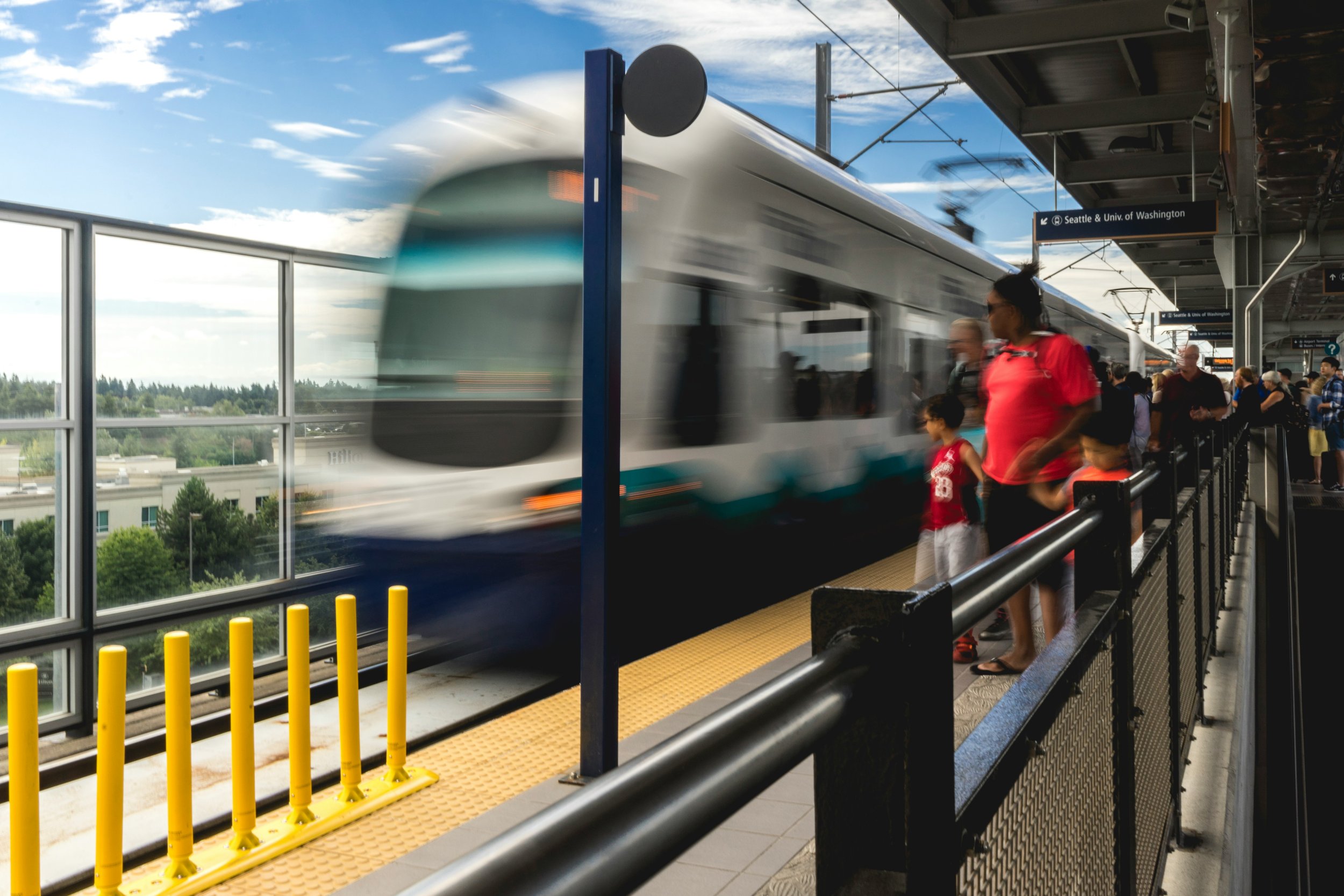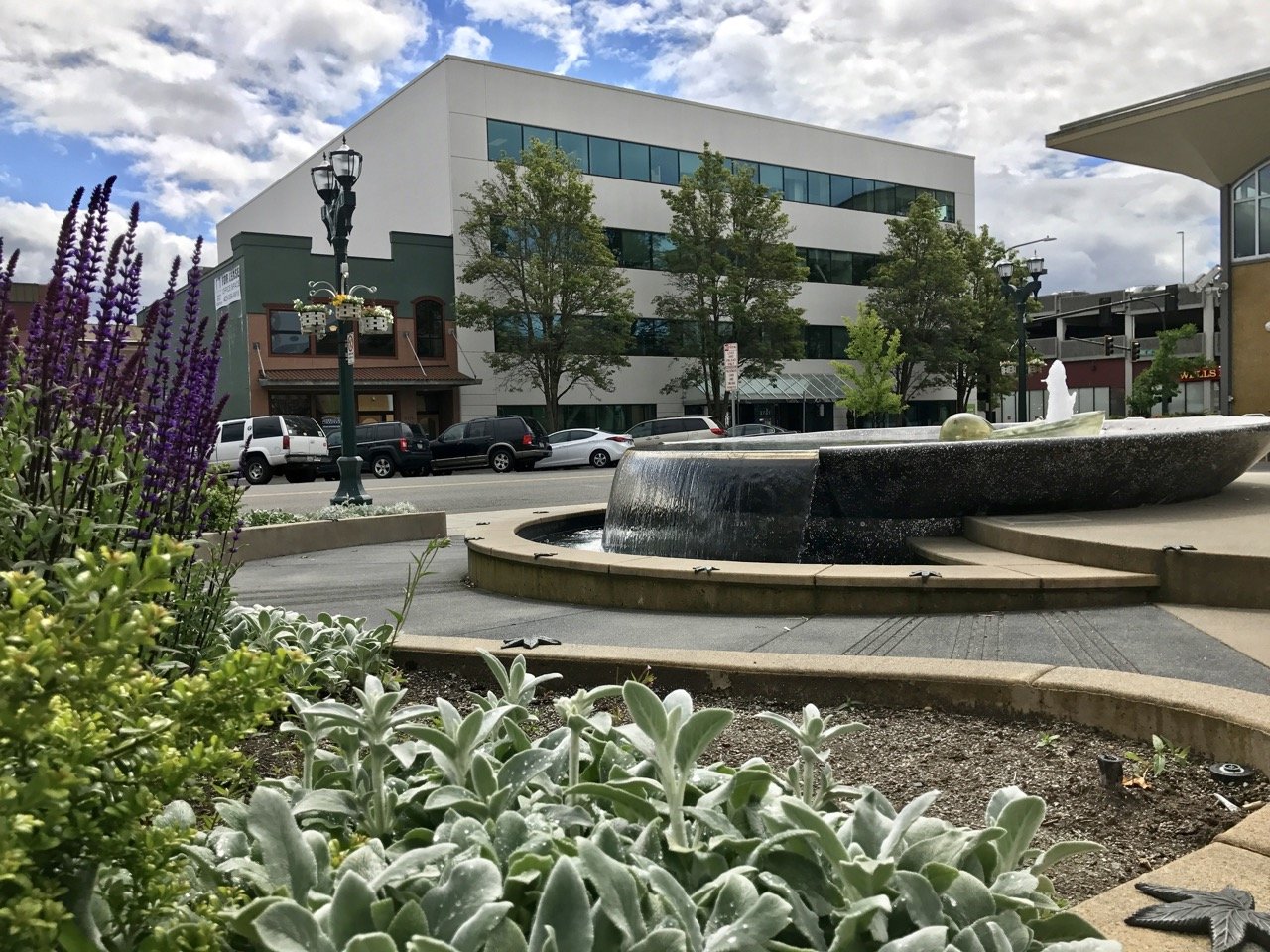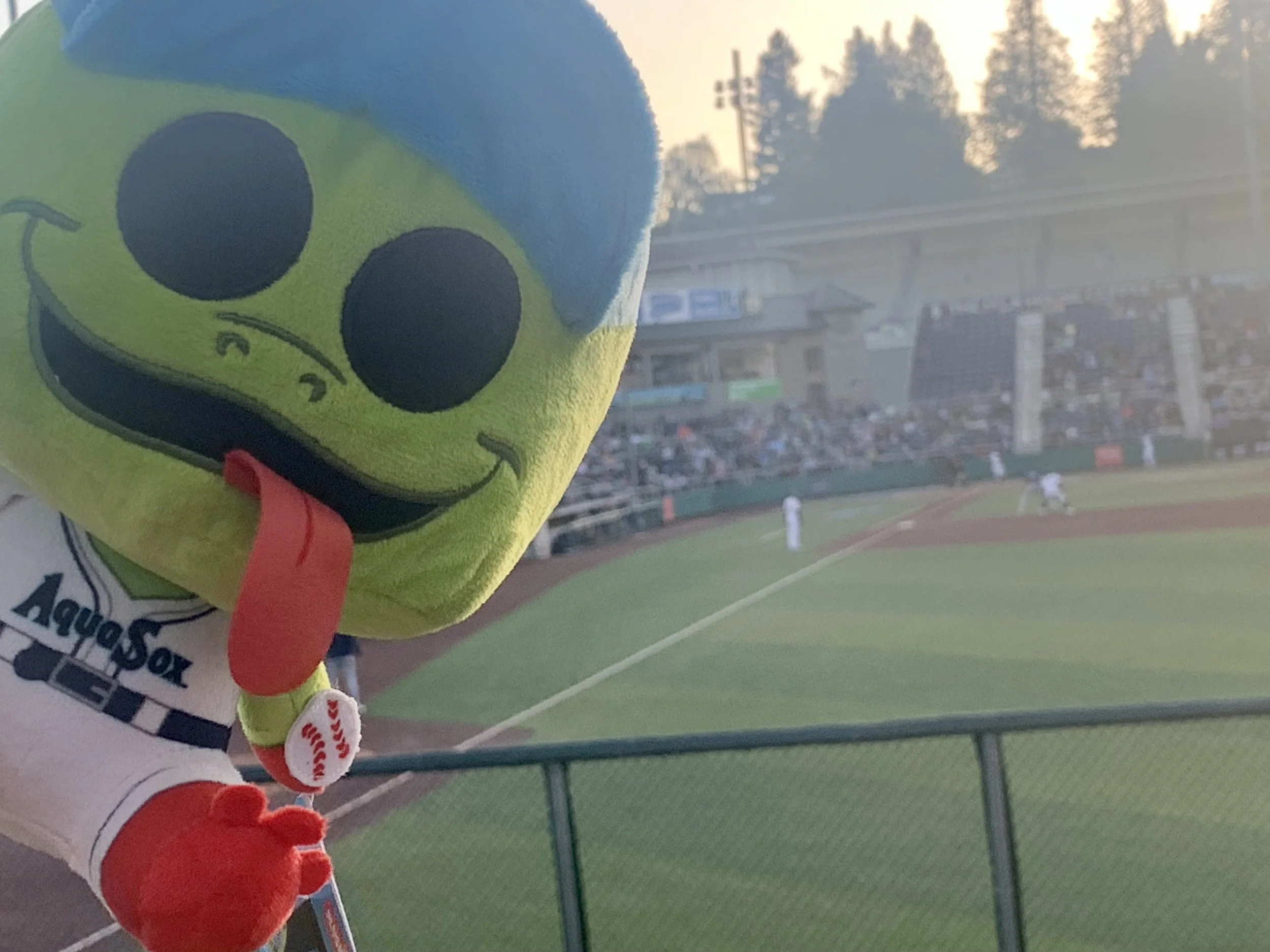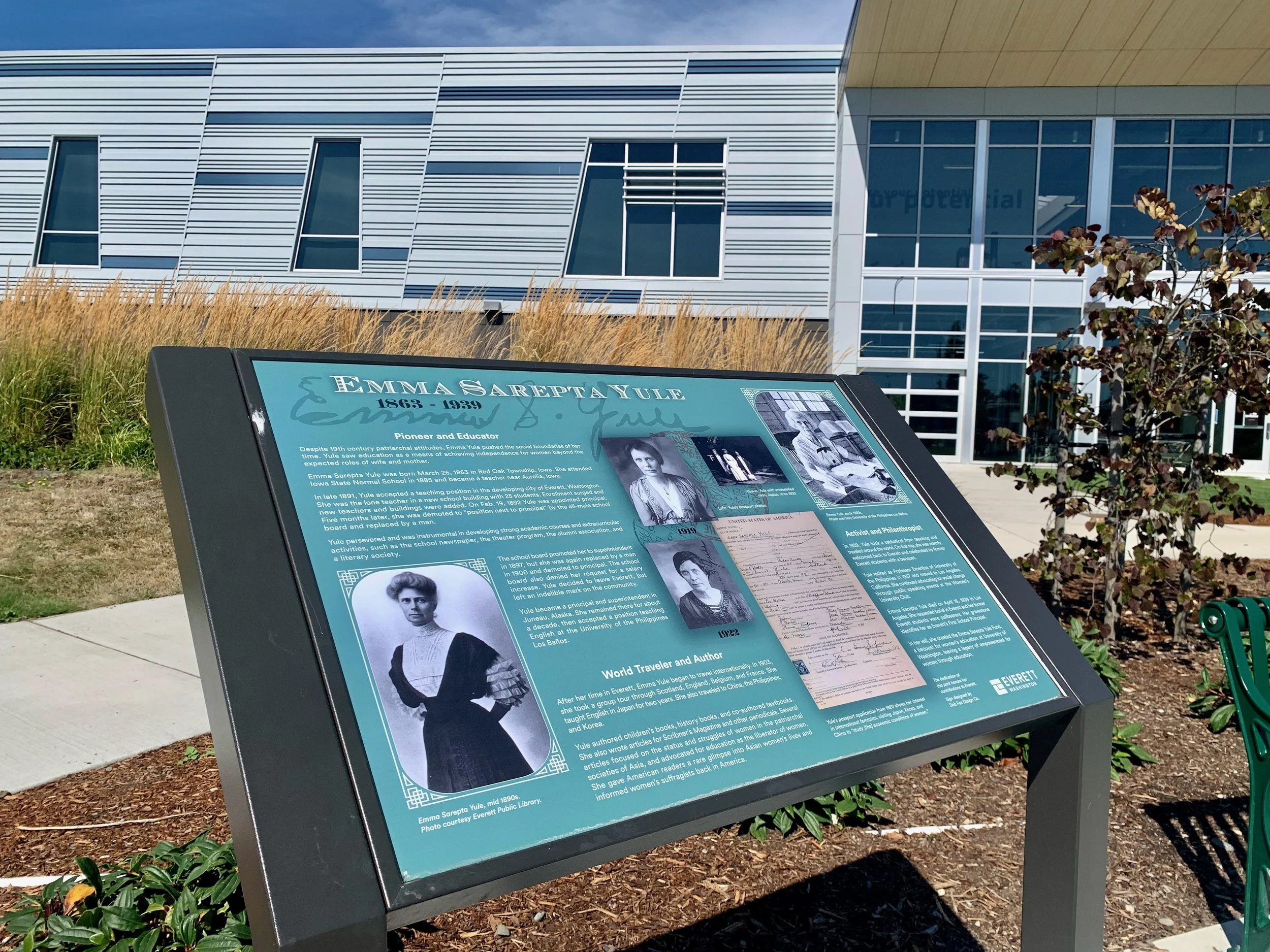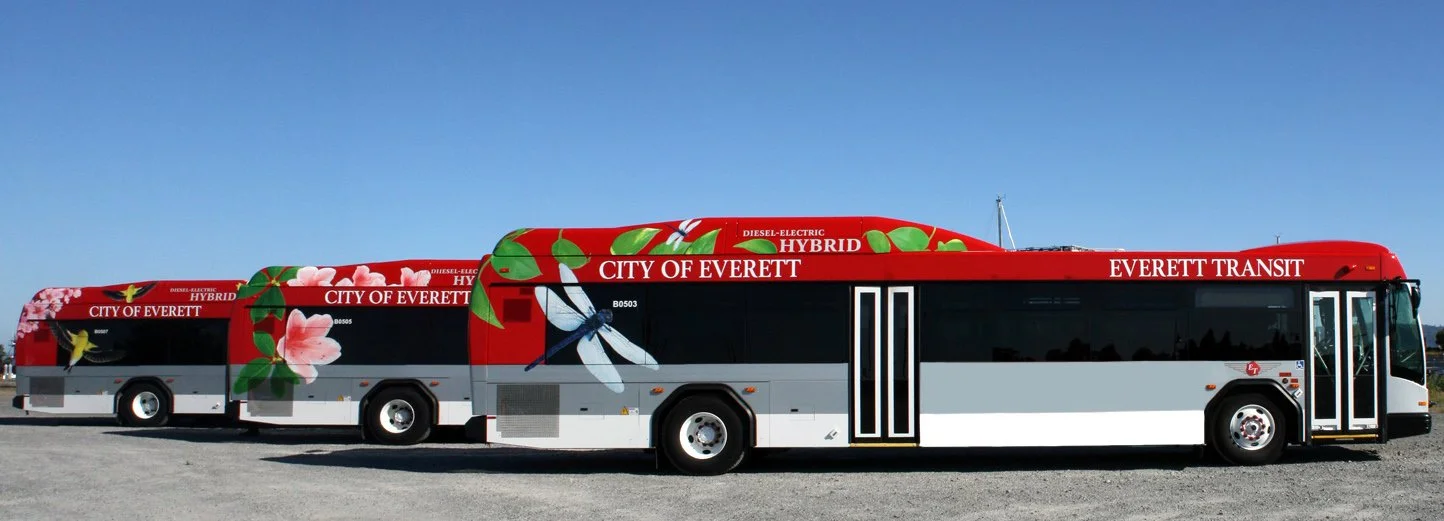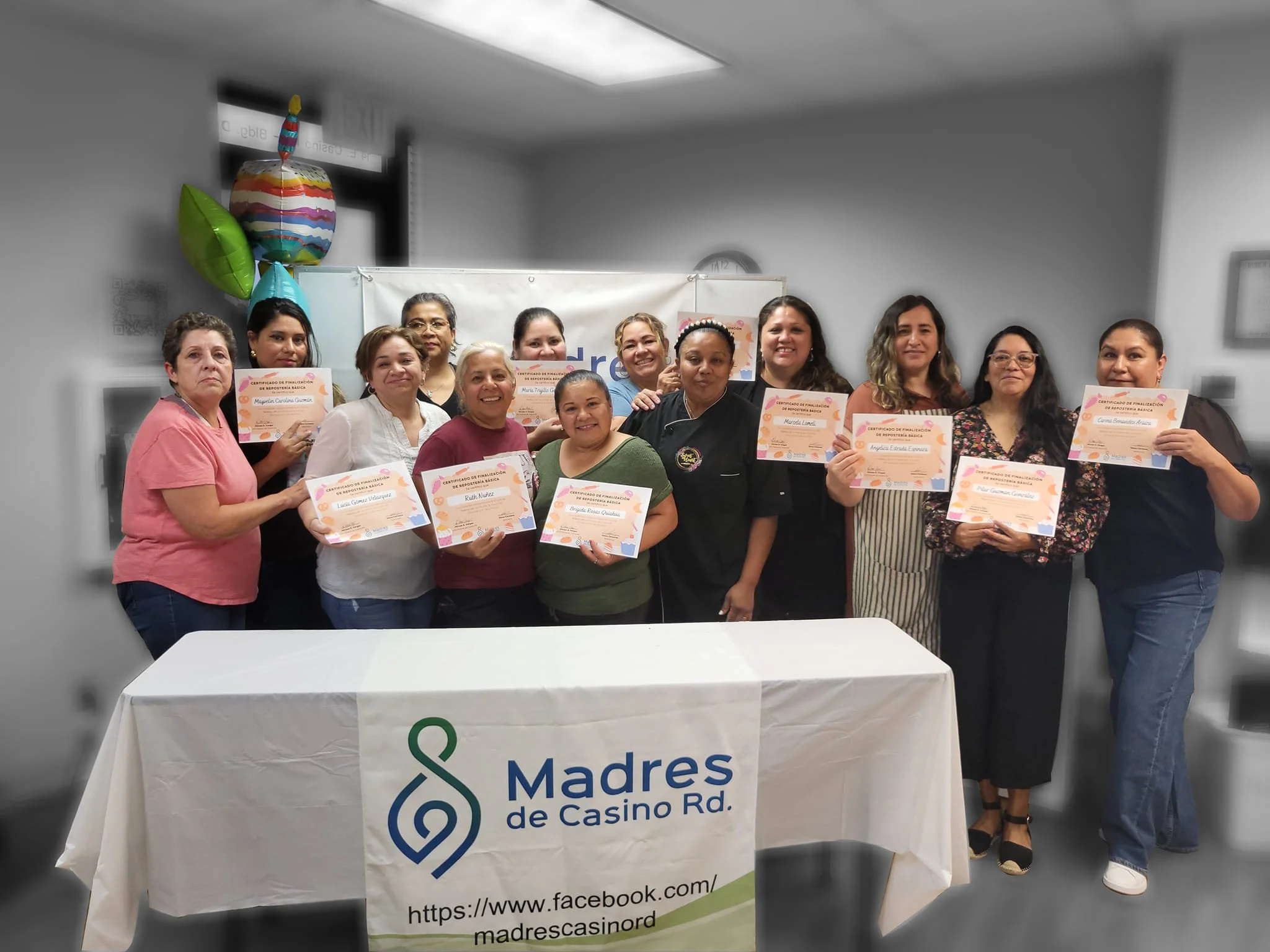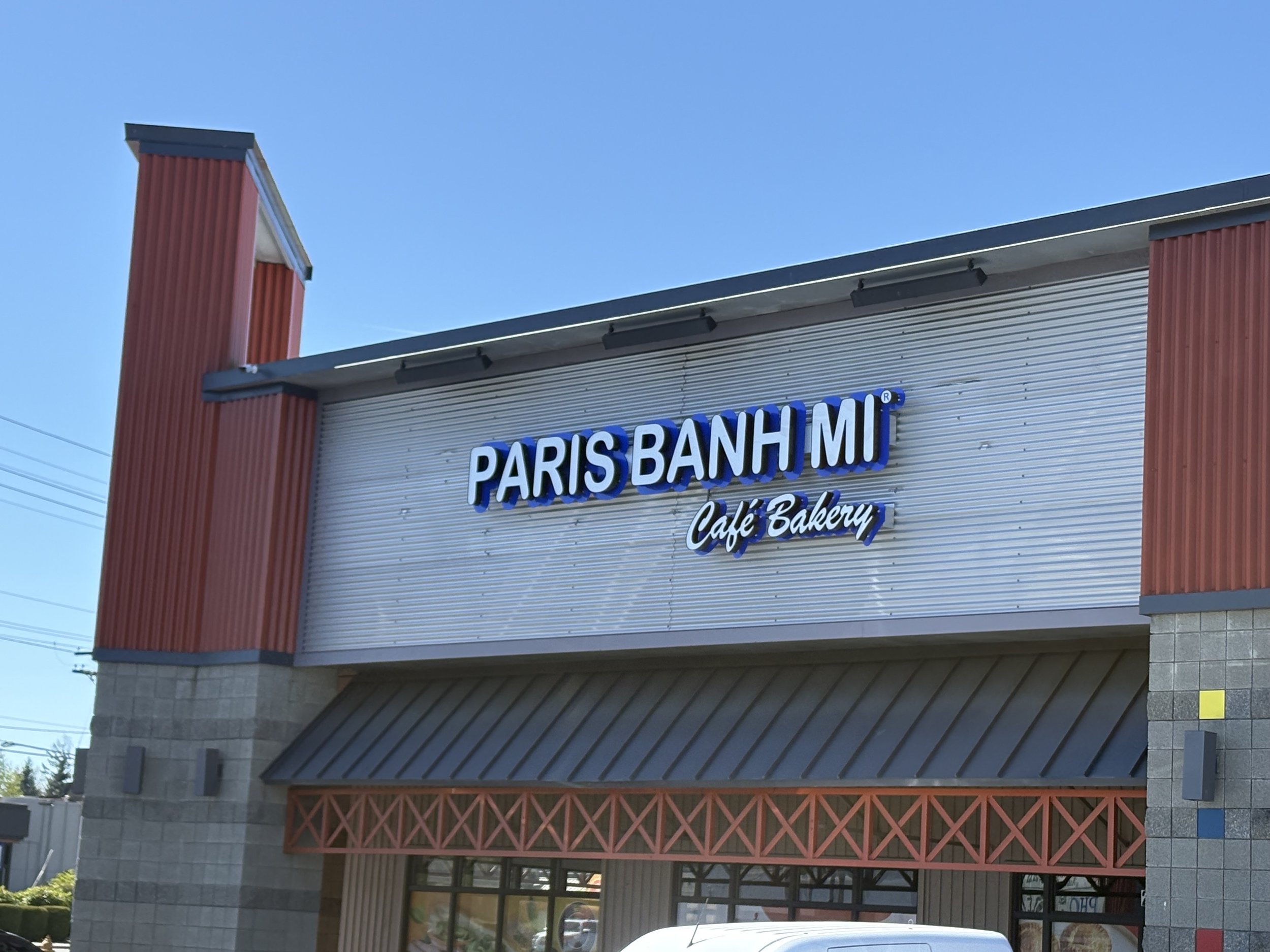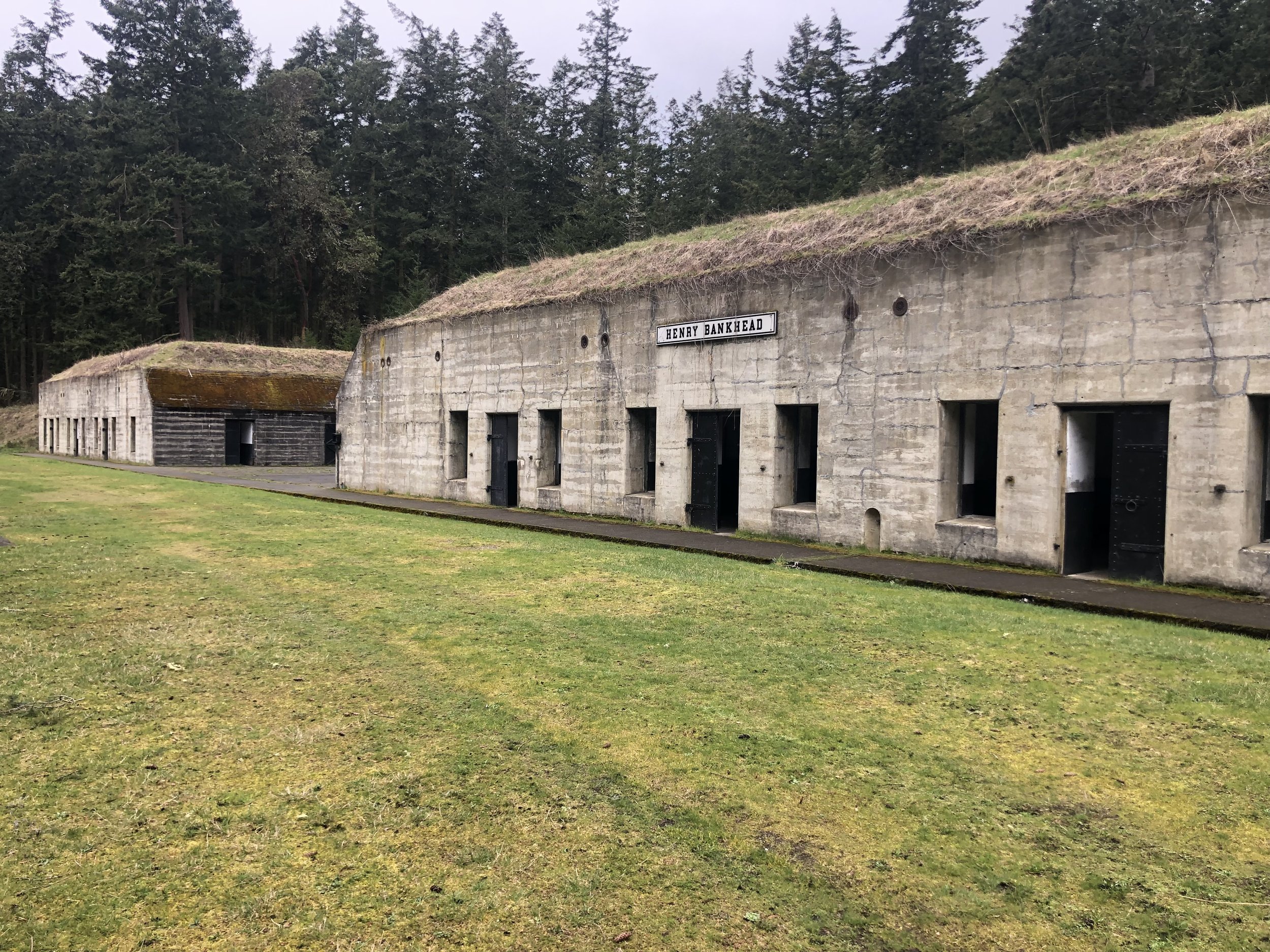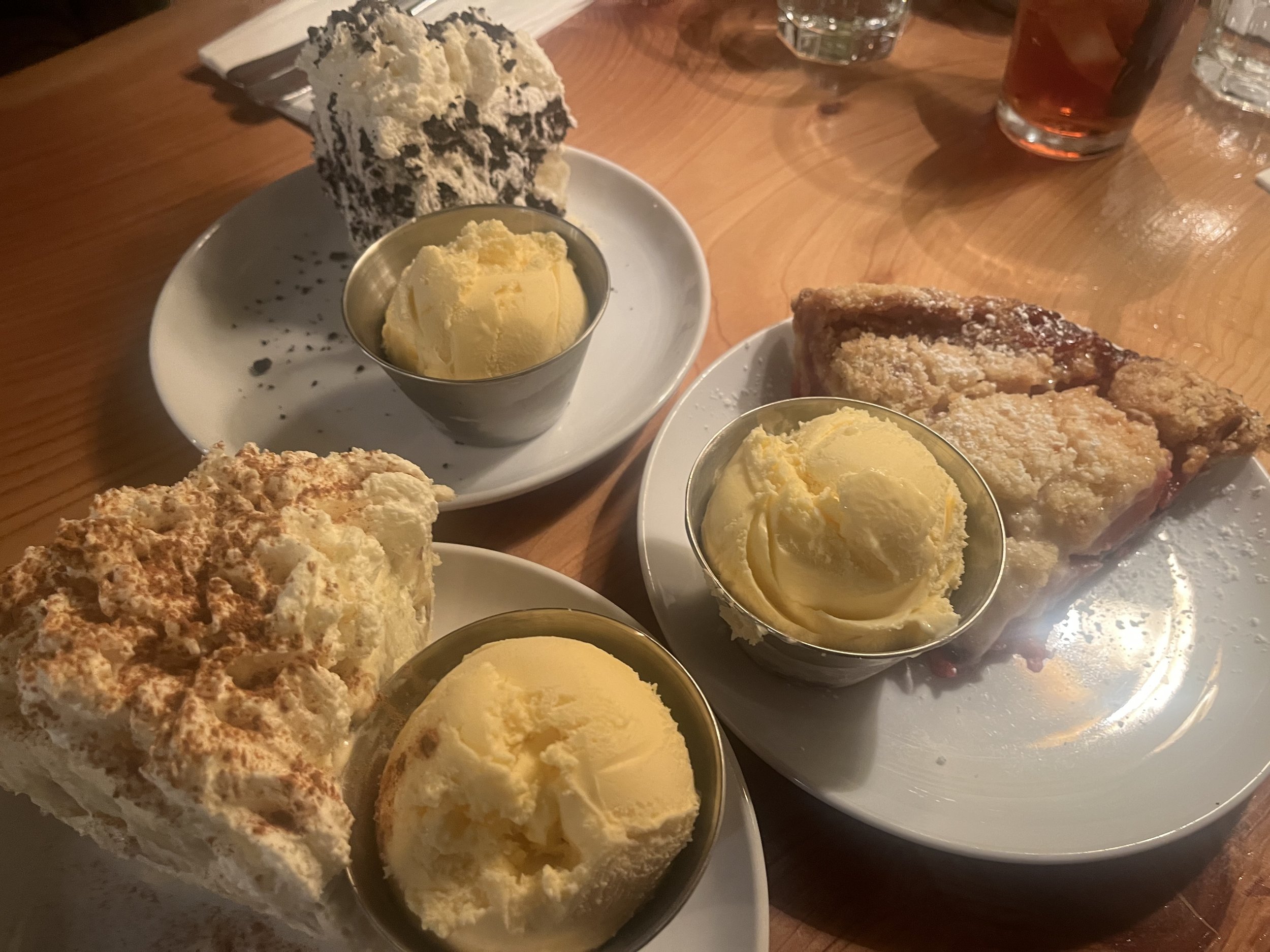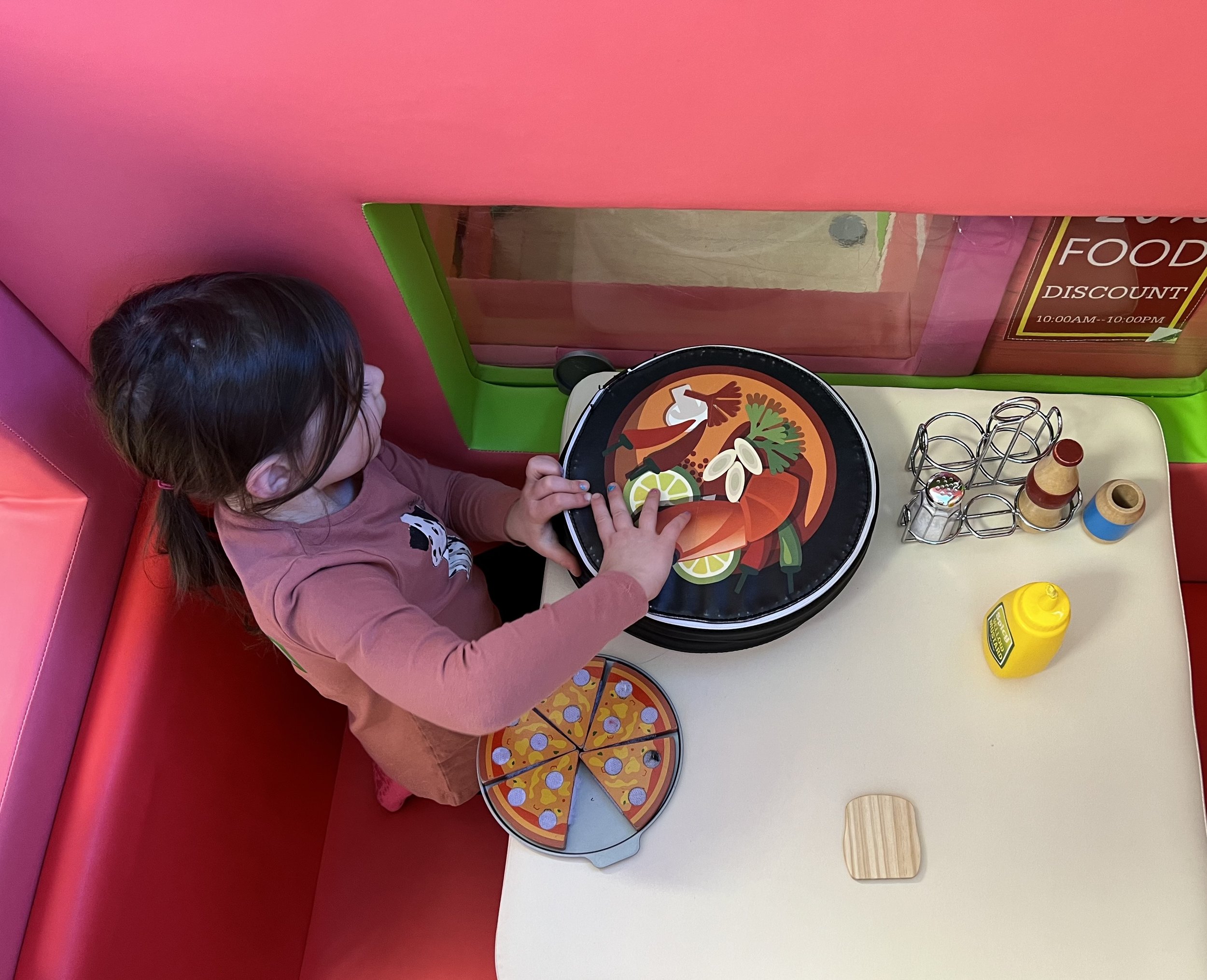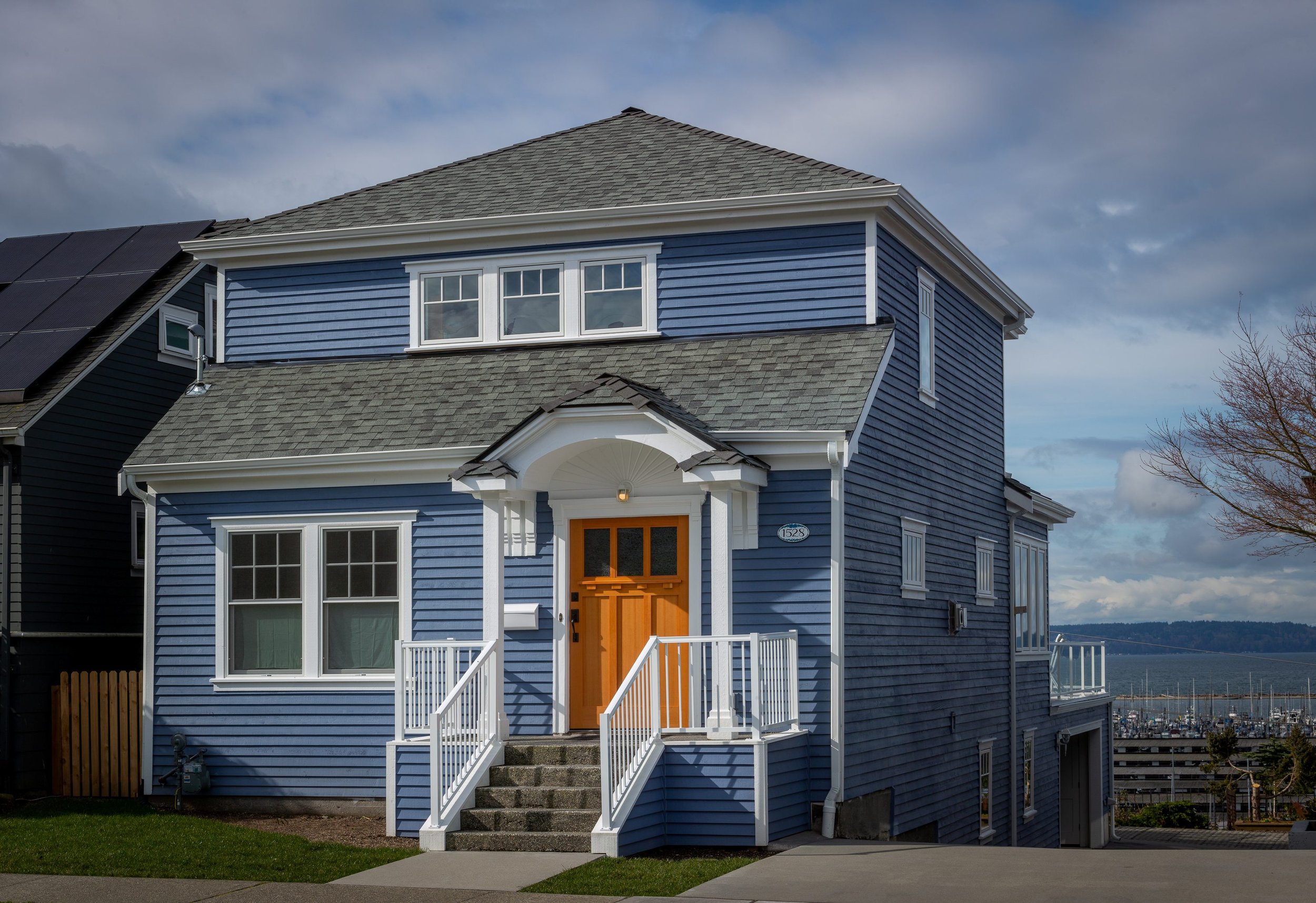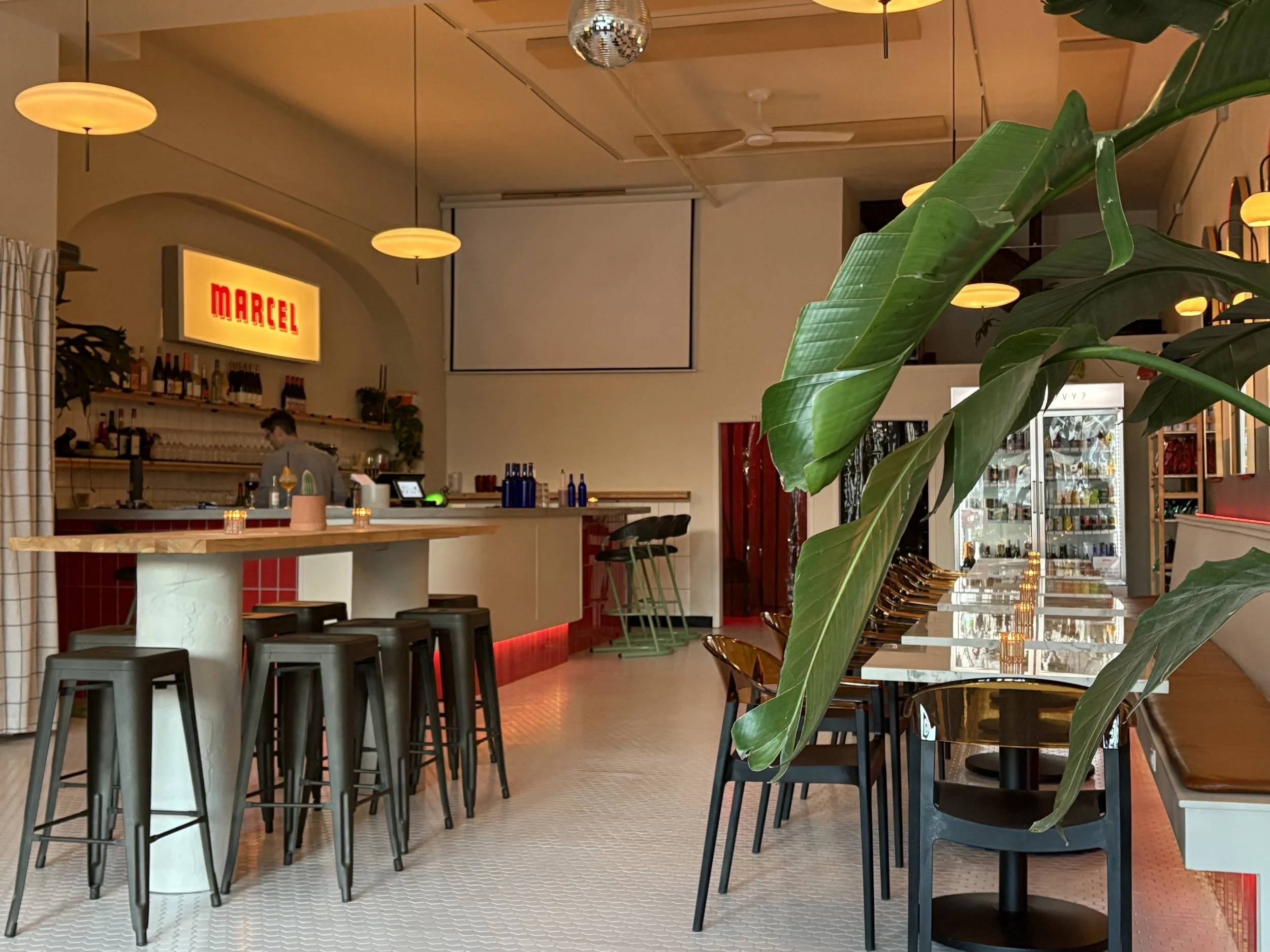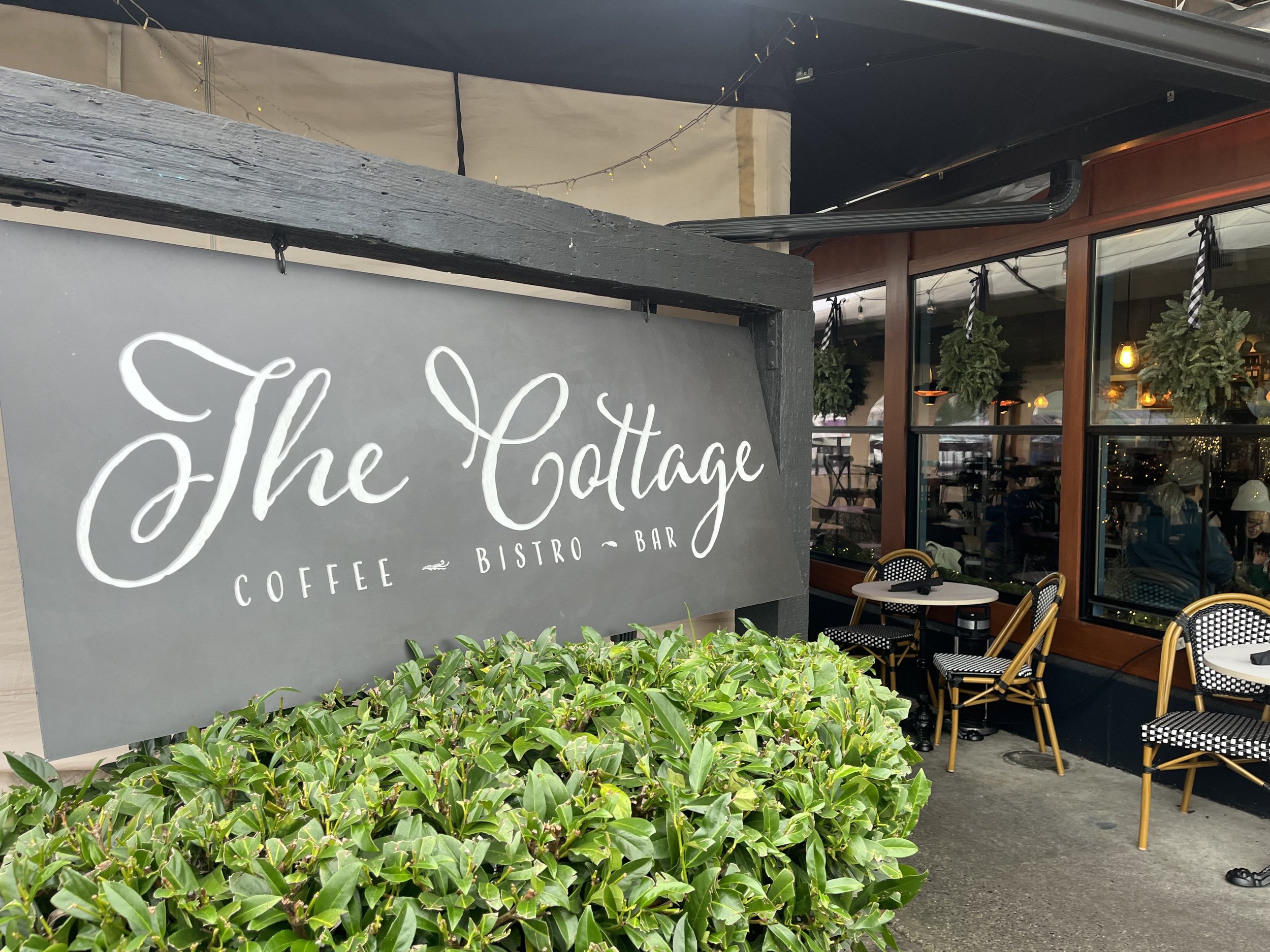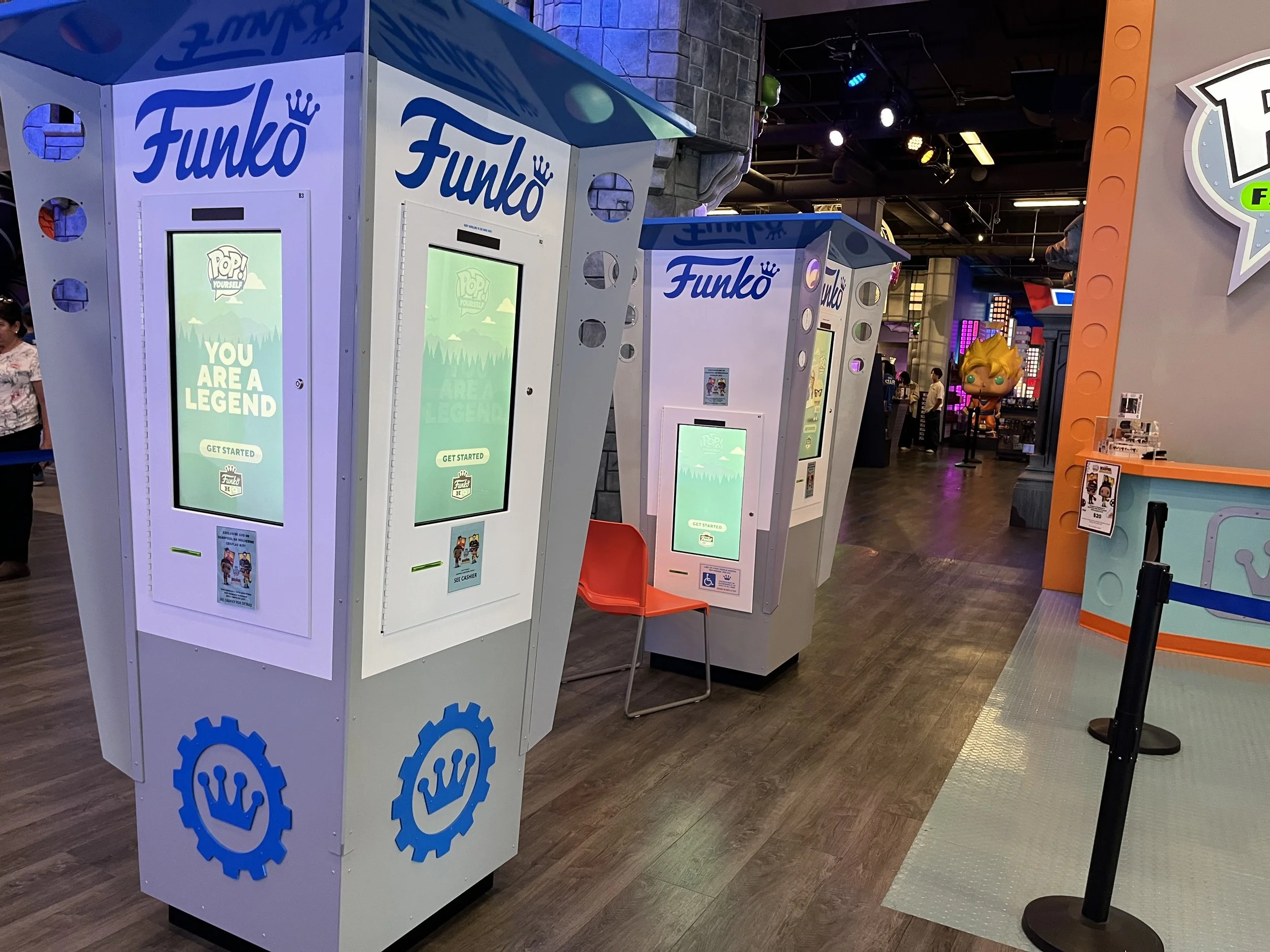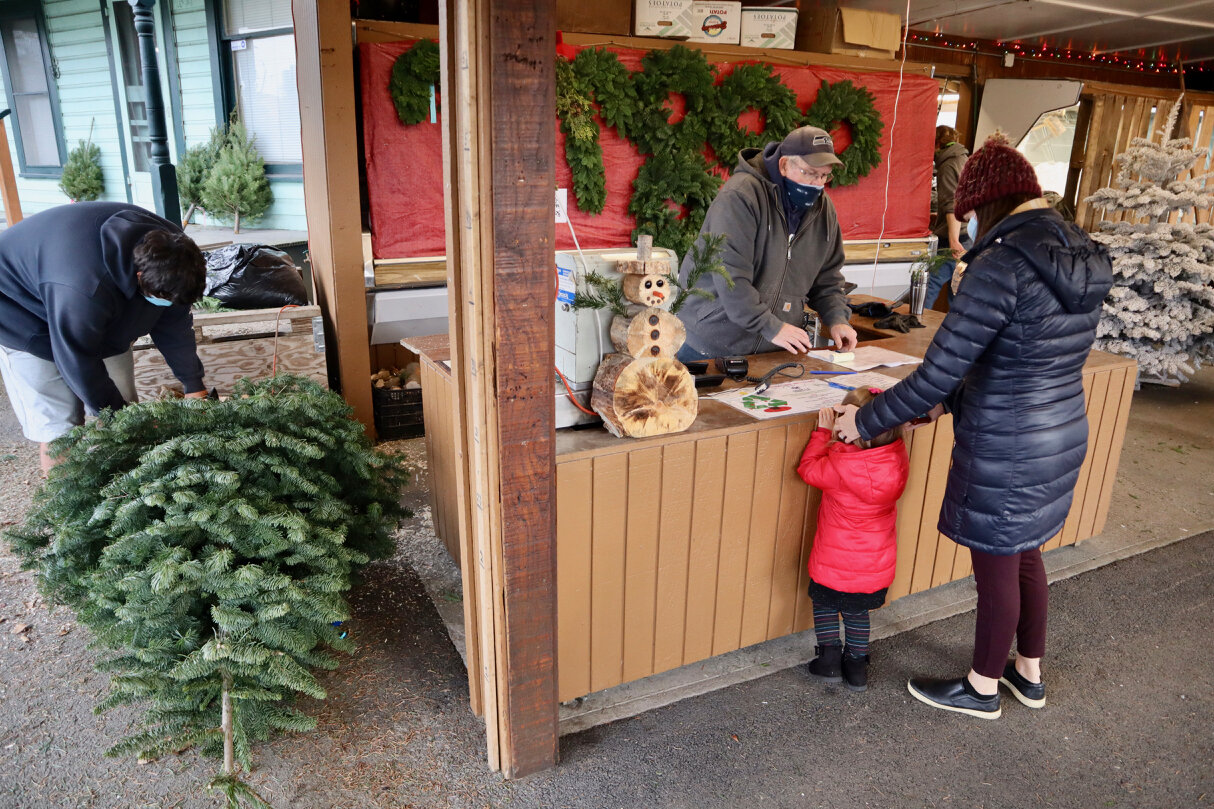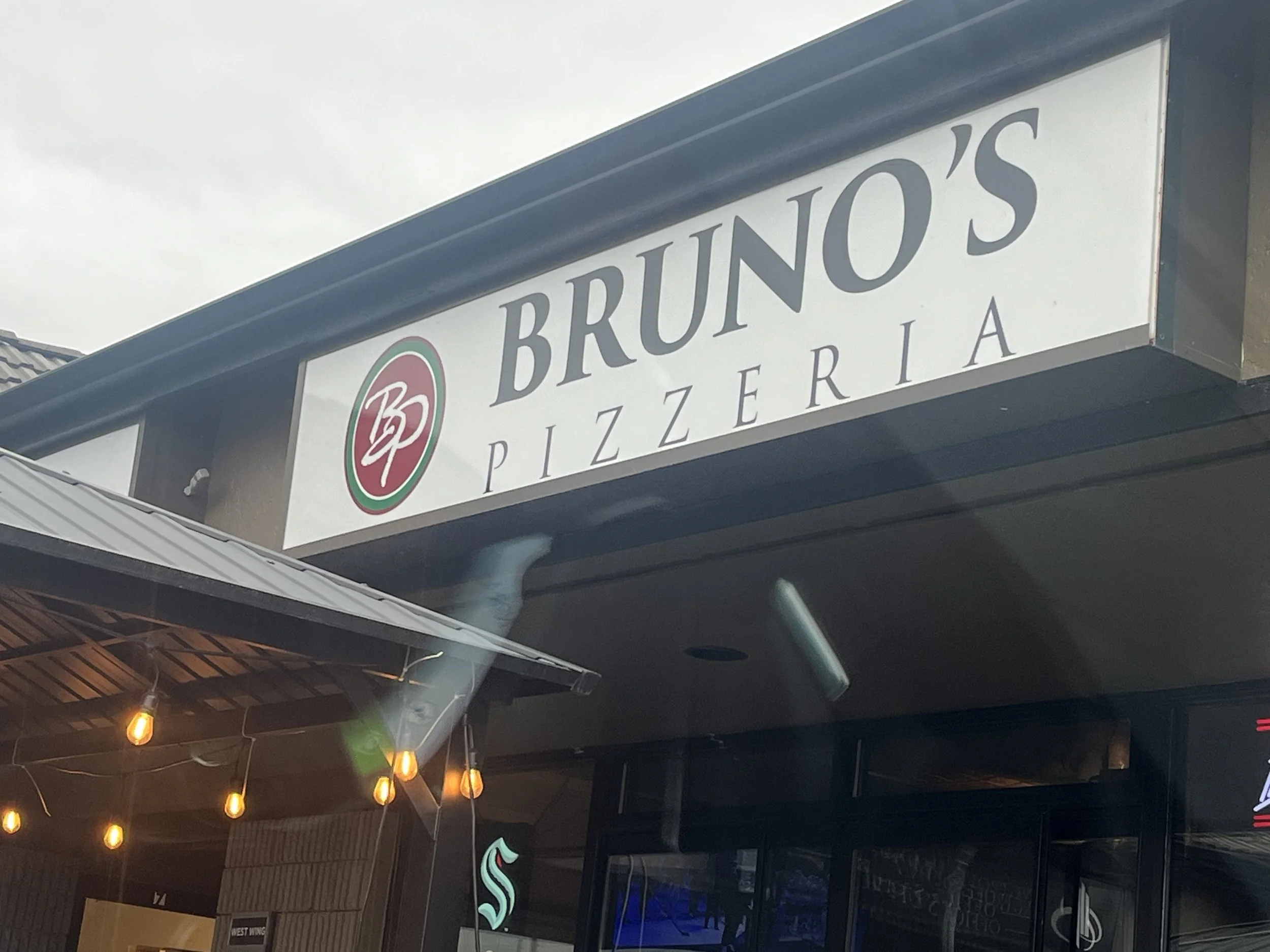Food Assistance for Those in Need in Everett
Editor’s Note: Originally published October 30, 2020. Republished January 7, 2021. Updated November 7, 2022 with the Everett Hot Meal Coalition calendar.
I was very lucky to grow up never having to wonder when my next meal would be, but I had a friend who did not have the same luxury. We were in second grade together and, while her food insecurity wasn’t something I fully understood then, as I got older and reflected on the experience. With the occasional comments and having only a bag of chips for lunch most days, I was able to connect the dots.
With Washington being the 23rd hungriest state in the country, and with almost 80,000 people (10.3% of our population) living in Snohomish county experiencing food insecurity, it is more than likely that we all know at least one person who has some difficulty accessing enough food consistently.

As we move into fall, food insecurity will continue to impact more and more of the Everett community. Luckily for us, there is a multitude of meal assistance and food access programs available in and around the Everett area.
Senior Programs
While occasionally being referred to as “the hidden hungry”, seniors often have difficulty accessing food and, recognizing this, there has been a renewed focus in supporting this population to resolving food insecurity in the past years.
Snohomish County sponsors several nutrition programs in the local area including Meals on Wheels and a seasonal Senior Farmers Market Nutrition Program. Additionally, seniors can sometimes be eligible for nutrition programs through their insurance, Medicaid, or the WA Association of Area Agencies on Aging.
The Carl Gipson Senior Center provides a free lunch to anyone who is 60 years or older from 11 a.m. to noon, Monday through Friday (a $3 donation is suggested and for anyone under 60 years, lunch can be purchased at the Center for $7.50).
Youth Programs
Similar to the elderly population, young people, from toddlers to college students, are also very likely to be unsure of where their next meal will come from. According to Northwest Harvest, 1 in 6 children in Washington lives in food-insecure homes. In light of this, and recognizing the importance nutrition has for people (especially during critical development years), our school districts in Everett provide free and reduced-cost meal programs.
Everett Public Schools has programs for breakfast and lunch, including programs to support students who are learning remotely due to the COVID-19 pandemic. The Mukilteo School District has been adapting to the needs of families and now offers meal bags containing 7 days of meals. They also deliver mobile meals to several multi-family housing complexes as well as providing resources for how to resolve food insecurity.
State Programs
In addition to the above local options toward food security, several state food assistance programs exist and are easily accessible. Most people have heard of the WIC (Women, Infant, and Children) nutrition program, SNAP (Supplemental Nutrition Assistance Program), and possibly even the P-EBT (Pandemic-Electronic Benefits Transfer) program. These programs do depend, in part on income, though there are also eligibility requirements based on the ability to work, dependents in the home, and citizenship status.

If someone did not qualify for these programs, there are others such as the State FAP (Food Assistance Program) and the ABAWD (Able-Bodied Adults Without Dependents) program. Regardless of the type of food program, you can apply and learn more about all of the state-sponsored options through washingtonconnections.org, or by calling the local state CSO (community service office).
Non-Profit and Faith-Based Programs
There are many food assistance programs sponsored by non-profit organizations and faith-based groups. Some shelters and churches in the local area, such as the Everett Gospel Mission and Faith Lutheran Church, offer free meals daily, though at different points throughout the day. Other organizations, like VOA (Volunteers of America), have food banks open throughout Snohomish County (including three within Everett city limits) Monday through Thursday, and the Salvation Army Everett Corps offers hot meals at their adult-only food bank on Mondays and Tuesdays starting at 5 p.m.
There is also the Mukilteo Food Bank that is open on Mondays and Tuesdays, biweekly, and three food banks sponsored by Salt of the Earth, a local non-profit that also offers hot meals on Tuesdays (with the exception of the first Tuesday of the month, where a sack lunch is provided).
In the words of Pattie Baker, an author, and sustainable farmer, “Food security means all people have access to culturally appropriate, nutritious food at all times without relying on emergency supplies”.
While we as a world have not resolved food insecurity, we can at least confidently say that our local community has taken meaningful action to help everyone in our community who may be experiencing food insecurity at any level. So, whether food insecurity is a new circumstance you find yourself in due to the pandemic or a more consistent life struggle, there are easily accessible options in our local community.
Distributed 11/4/2022 by the Everett Hot Meal Coalition

Angela Di Filippo currently works in State Social Services and recently earned her Masters in Industrial/Organizational Psychology with extensive training in evidence-based leadership coaching. Angela moved from North Carolina to Washington 6 years ago and has proudly called Everett her home for 5 of those years. When not helping others solve problems in creative and strength-driven ways, Angela enjoys her time painting, hiking with her terrier-mix, Indy, and eating waffles.
